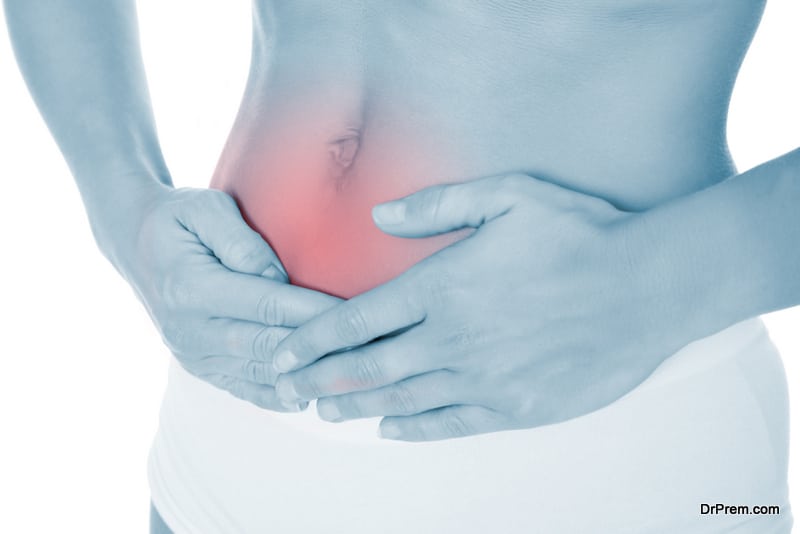When you think about being “healthy”, what comes to mind? Probably your physical health. Things like maintaining a healthy weight, good cholesterol and blood pressure, and getting adequate exercise. And while all of these things are part of a healthy lifestyle, they don’t define it. Being healthy isn’t just about your physical body.
Mental health is an extremely important and often overlooked component of your overall well-being. Not to mention, when you neglect your mental health, it can negatively impact your physical. Read on to discover 5 ways that your mental health directly affects your physical well-being and how to maintain a healthy balance.
1. Stress

health issues stem from stress
Countless health issues stem from stress. Stress first attacks your mental health, but it’s your body’s reaction to stress that can cause physical health complications. Nearly 45% of adults report being more stressed now than they were five years ago. This is usually related to things like work, finances, and relationships.
Stress is actually a healthy reaction to external dangers. When your body encounters danger, your brain enters a state of fight or flight. Your brain evaluates the situation and determines if you should flee or if it’s safe to stay. Anxiety is your body’s reaction to stress. Extreme stress or chronic stress causes feelings of anxiety, which include:
- Fatigue
- Headaches
- Sweating
- Heart palpitations
- Irritability
- Lack of concentration
- Nausea
- Sweating/Trembling
The first step to handling and controlling your stress is figuring out your triggers. You can then reduce stress by making changes to your daily routine. Things like yoga, meditation, and therapy can all help. Finding an authentic connection with a therapist or counselor can put you on the right path toward a less stressful and healthier lifestyle.
2. Gastrointestinal Issues

side-effect of excessive stress is stomach issues
Another physical side-effect of excessive stress is stomach issues. Chronic depression, stress, or worry can easily cause stress ulcers. It’s also said that excessive stress and mental instability can aggravate ulcers, both gastrointestinal and those in the mouth or esophagus. Stomach ulcers, also known as gastric or peptic ulcers, are painful sores on the inside of the stomach lining.
Your stomach is lined with thick mucus that protects it from harsh digestive juices. Ulcers are the wearing away or thinning of this mucus layer. Ulcers cause irritation and inflammation and may even result in bleeding. Symptoms include burning, discomfort, and pain in the stomach. Other side effects are nausea, vomiting, and weight loss. Doctors believe that managing your stress and promoting mental health may reduce the side effects and severity of ulcers in patients.
3. Sexual Health

erectile dysfunction
Did you know that one of the leading causes of erectile dysfunction in men is stress? A negative or depressed mood can make it difficult for a man to get and keep an erection. Men who are anxious, overworked, and over tired are at a higher risk of developing ED than men with a healthy, stable state of mind. Once a man experiences ED, it can negatively impact their sex life. This causes additional stress, which only worsens ED symptoms.
Self-confidence in both men and women can also impact sex drive. When you feel good about yourself and have high self-esteem, you are more in-tune with your body. This makes you a more attractive sexual partner. You may also feel less inhibited in the bedroom, improving the sexual experience and intimacy with your partner. Confidence helps you feel sexy and is an attractive quality for your potential mate. A positive mindframe can help boost your self-esteem.
Staying healthy is about more than just hitting the gym and eating well. Maintaining a healthy frame of mind and self-image are crucial for reducing your risk of health complications. When you feel good mentally, your physical health follows. And understanding this connection can help put you on the path to living your best life.
Article Submitted By Community Writer




